PNAS
-
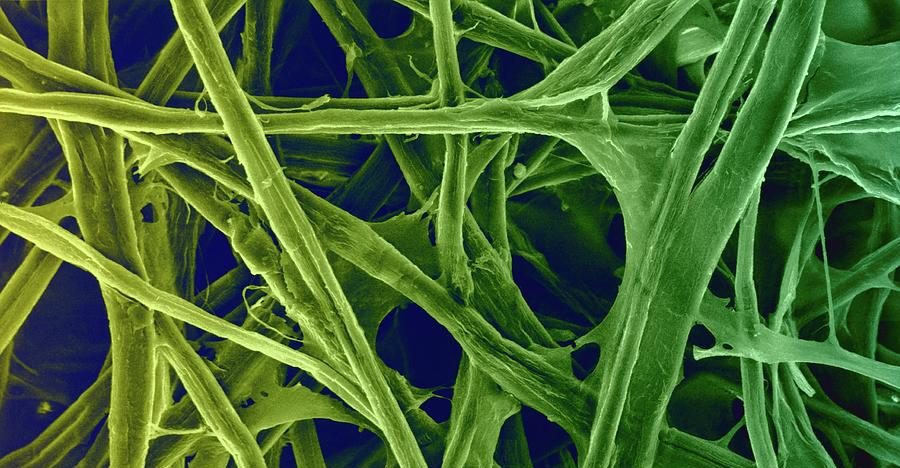
Vanderbilt engineers’ innovative research directly monitors cellulose production from individual synthase enzymes
Vanderbilt researchers have uncovered conditions needed to produce cellulose at the single molecule level that could one day aid in the dismantling of bacterial defenses as well as potentially lead to the engineering of more efficient and cost-effective biofuel feedstock sources. Read MoreDec 14, 2022
-
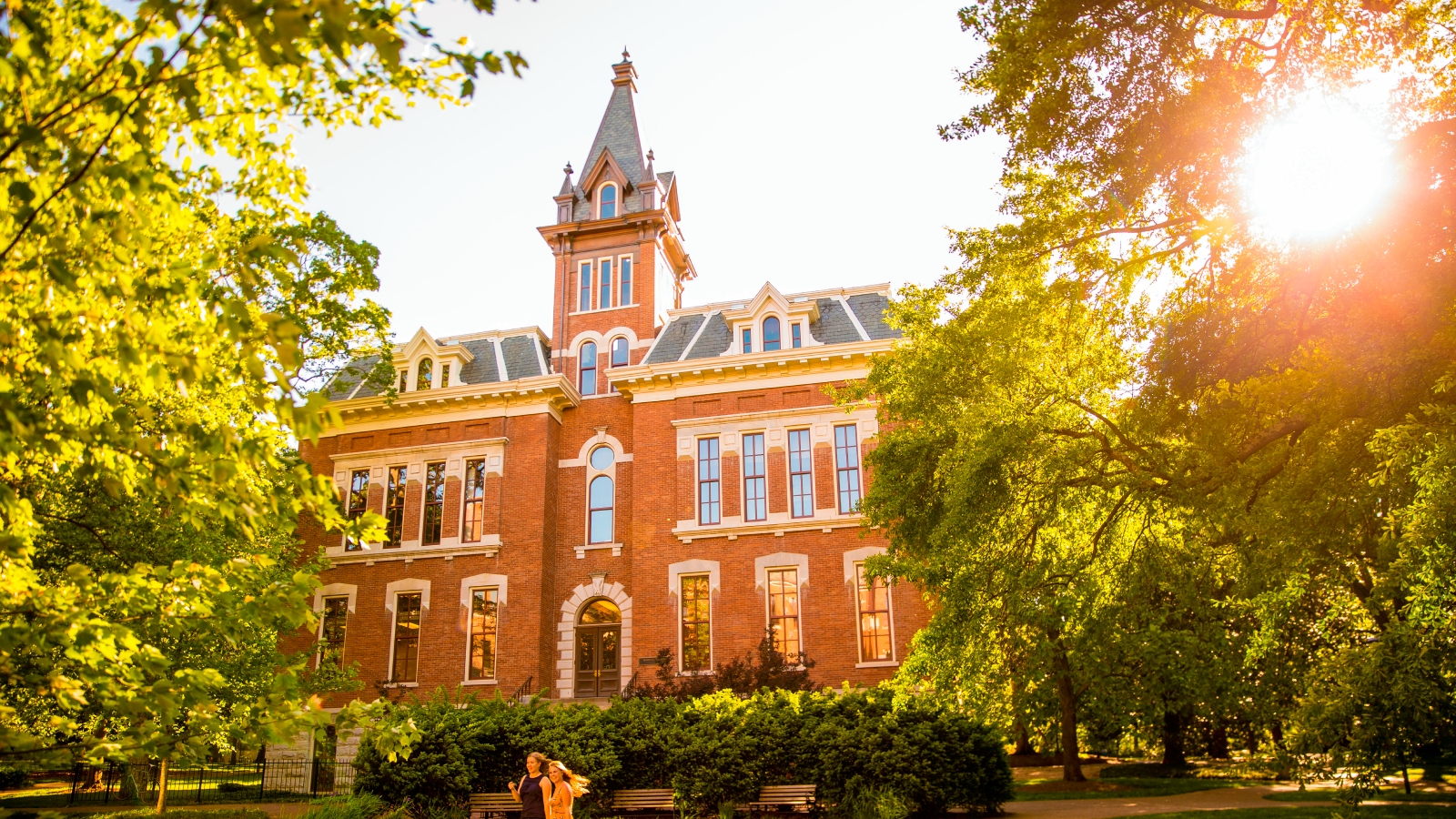
Foster family placement leads to sustained cognitive gains after severe early deprivation, Humphreys’ study finds
A new study published in Proceedings of the National Academy of Sciences examining cognitive ability among children with a history of institutional care suggests that higher cognitive functioning is best supported by long-term family placements such as foster care. The study was led by Kathryn Humphreys, assistant professor of psychology and human development at Vanderbilt Peabody College of education and human development. Read MoreSep 12, 2022
-
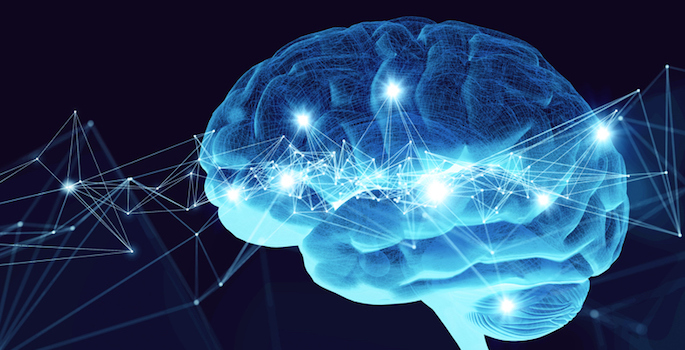
The power of white matter
Using a novel analysis of fMRI data, Vanderbilt researchers discovered intriguing patterns of signals in the brain’s white matter, the “conduit” for relaying signals between different brain regions. Read MoreNov 11, 2021
-
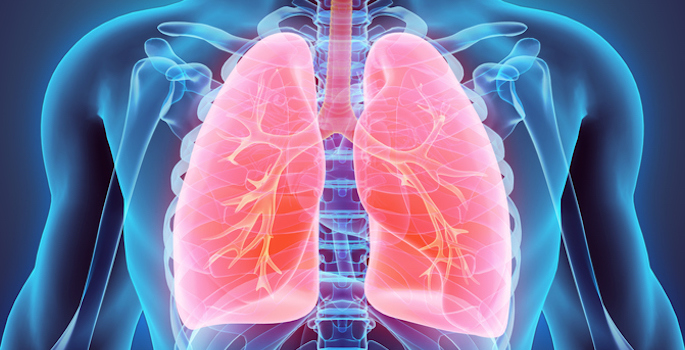
New clue to lung scarring
Vanderbilt neonatology team pinpoints signaling pathways involved in the progressive lung fibrosis that occurs in rare genetic diseases. Read MoreMay 20, 2021
-

Novel way to neutralize Rift Valley Fever Virus
The discovery of monoclonal antibodies that neutralize Rift Valley Fever Virus — an emerging infection with pandemic potential — lays the foundation for future therapeutic antibody development. Read MoreApr 1, 2021
-

Targeting glucagon action in diabetes
Disrupting the action of glucagon — a pancreatic hormone that works to raise blood glucose — restores functional insulin-producing cells in mouse models of type 1 diabetes and may be a promising treatment strategy. Read MoreMar 4, 2021
-
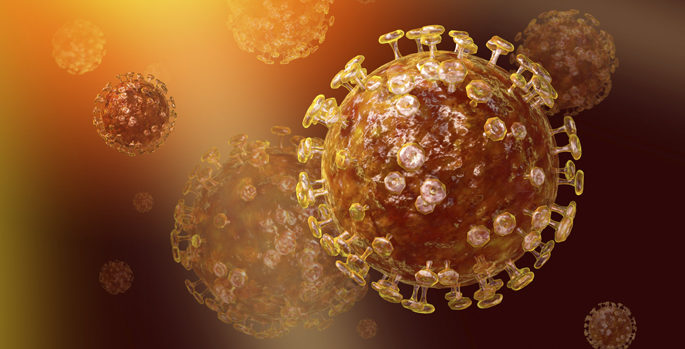
Vanderbilt biologist uses rabies-like virus to illuminate how SARS-CoV-2 blocks immune response
Yi Ren, assistant professor of biochemistry, has contributed to research on the function and impact of the SARS-CoV-2 protein on immune signaling protein in host cells. This understanding may lead to the development of immune-enhancing therapeutics. Read MoreNov 9, 2020
-
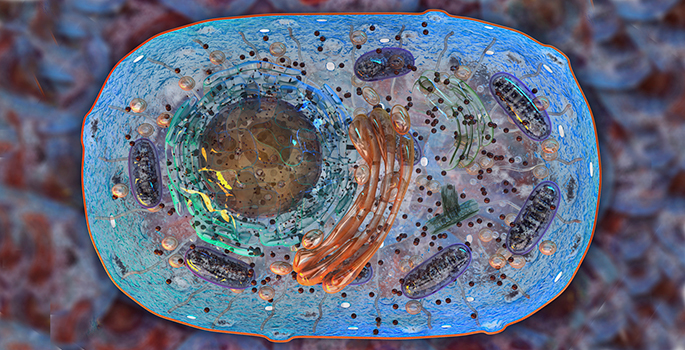
Assembling cell power plant machinery
Tina Iverson and colleagues provide a structural view into the assembly of a protein machine essential for cellular energy production. Read MoreSep 3, 2020
-
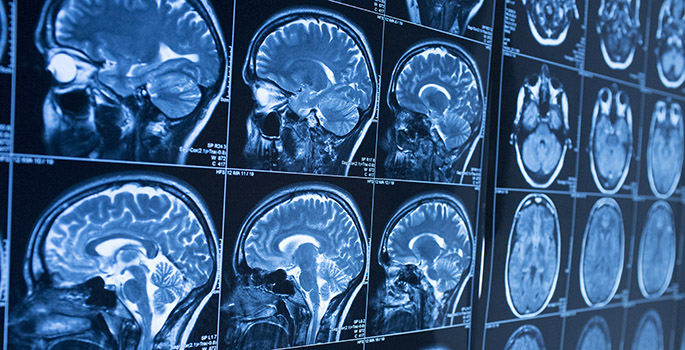
Neuroscientists at Vanderbilt identify the brain cells that help humans adapt to change
New research on cognitive flexibility points to a small class of brain cells that support switching attention strategies when old strategies fail. Read MoreJul 15, 2020
-

“Nur” target may aid arthritis treatment
Vanderbilt immunologists have discovered that the protein Nur77 is part of a control mechanism that guards against autoimmunity in natural killer T cells. Read MoreJul 13, 2020
-

A dual-purpose metabolic switch
John York and colleagues have demonstrated that the protein Vip1 is a rare type of bifunctional enzyme: it can both synthesize and destroy key cellular signaling molecules. Read MoreMay 5, 2020
-

Imaging host-pathogen battle for metal
An unprecedented view of bacterial products within infected tissues opens new opportunities to explore infection biology and devise novel therapeutic strategies. Read MoreOct 31, 2019
-

Less inflammation = better healing
Immune cells that produce an anti-inflammatory factor are enriched in fat tissue around the heart and may be good targets to improve heart attack outcomes. Read MoreOct 17, 2019
-
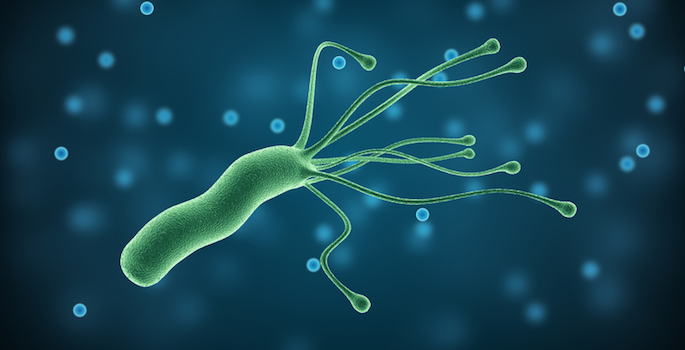
A step toward gastric cancer
New research findings provide insight into the detrimental events that develop in response to H. pylori infection. Read MoreOct 3, 2019
-
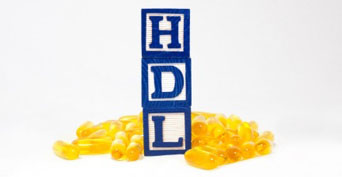
Understanding HDL structure
Structural features of newly formed HDL particles will help guide understanding of “good cholesterol” and its function. Read MoreMay 3, 2018
-

Iron-sulfur “intersection”
Vanderbilt researchers have discovered an unanticipated link between sulfur and iron balance, pointing to a genetic basis for iron-deficiency anemia. Read MoreMar 8, 2018
-

Glaucoma study finds brain fights to preserve vision
A team of researchers, led by David Calkins, PhD, vice chair and director of Research at the Vanderbilt Eye Institute, has made a breakthrough discovery in the field of glaucoma showing new hopes for treatments to preserve vision. Read MoreFeb 22, 2018
-
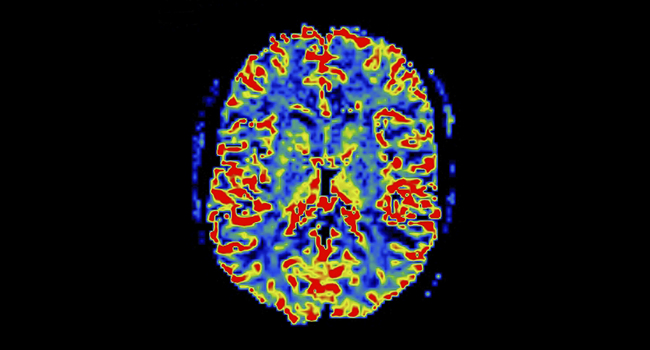
BOLD view of white matter
Vanderbilt investigators have discovered that functional MRI detects neural activity in both gray and white matter in the brain, suggesting new ways to investigate diseases such as Alzheimer’s and multiple sclerosis. Read MoreJan 12, 2018
-

Lighting up iron levels
A new probe enables iron imaging in living animals, providing a unique tool for studying iron’s contributions to health and disease. Read MoreJan 11, 2018
-

Brain lesions and criminal behavior linked to moral decision-making network
When brain lesions occur within the brain network responsible for morality and value-based decision-making, they can predispose a person toward criminal behavior, according to new research by Ryan Darby, MD, assistant professor of Neurology at Vanderbilt University Medical Center (VUMC). Read MoreDec 18, 2017